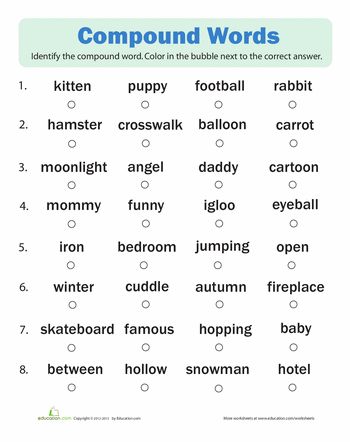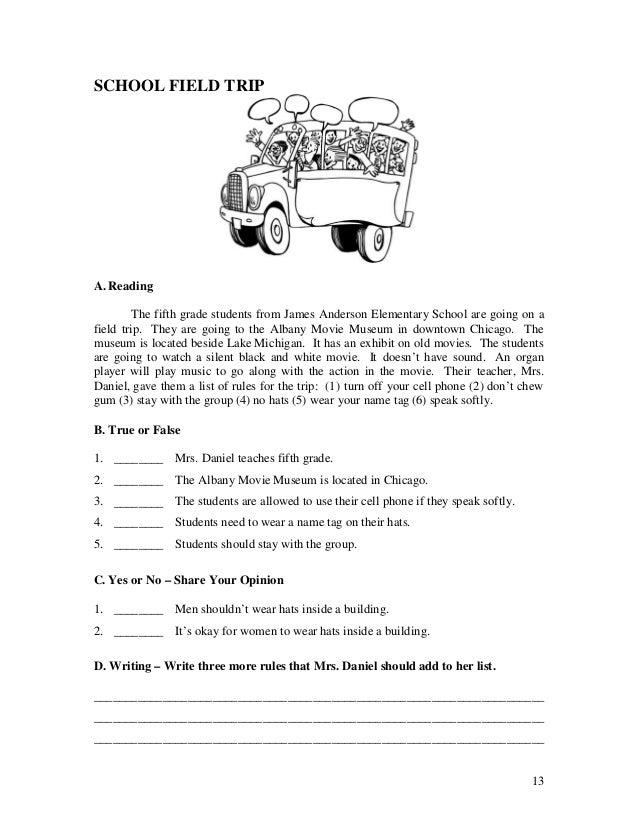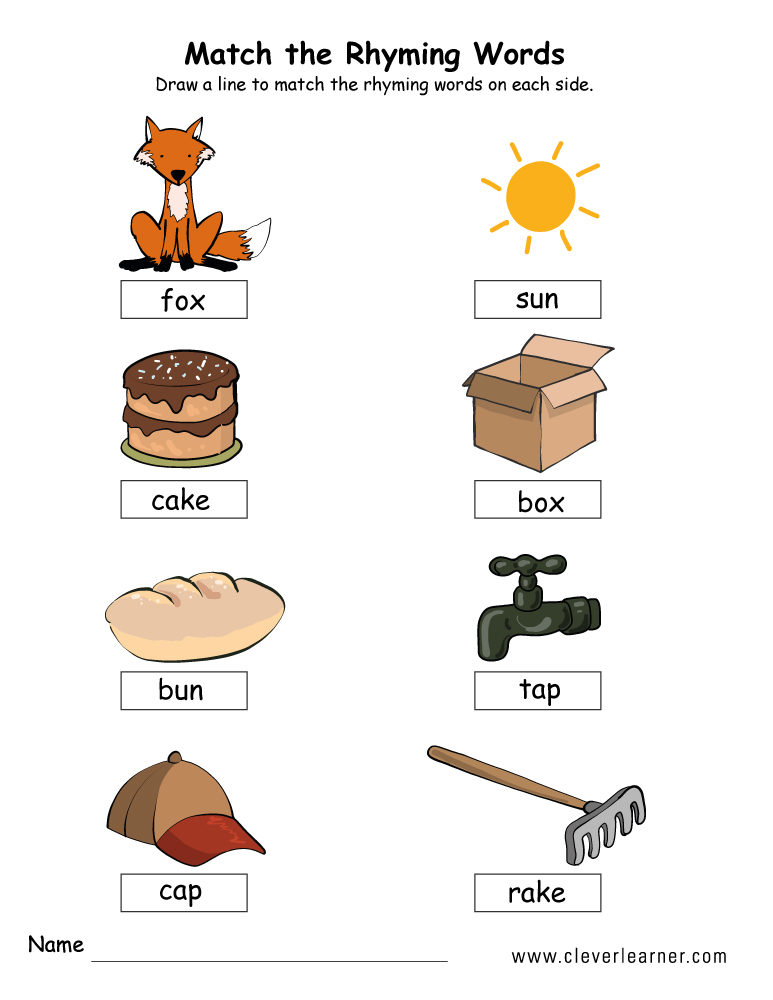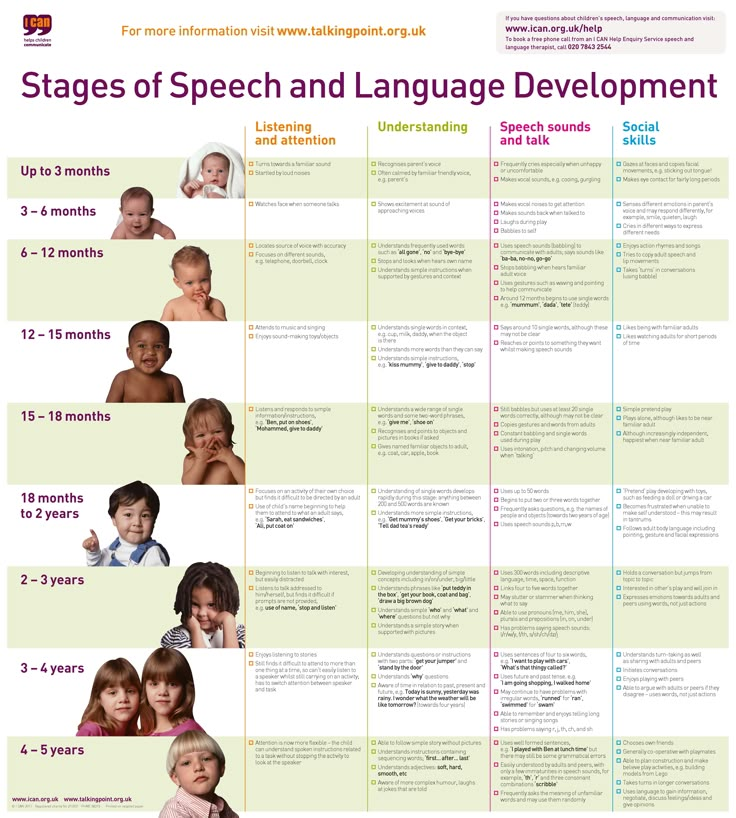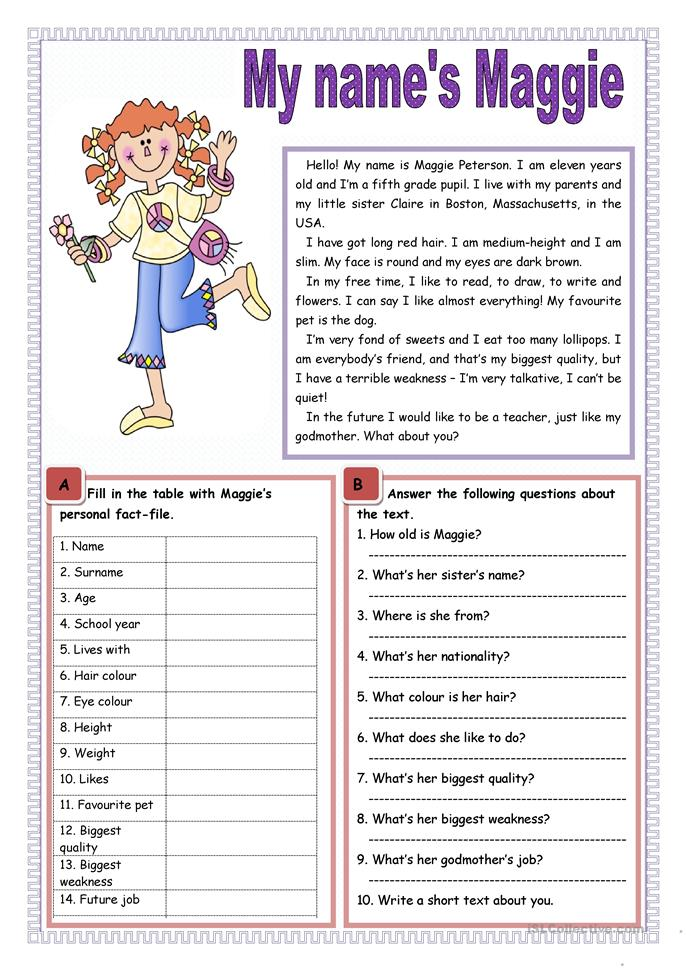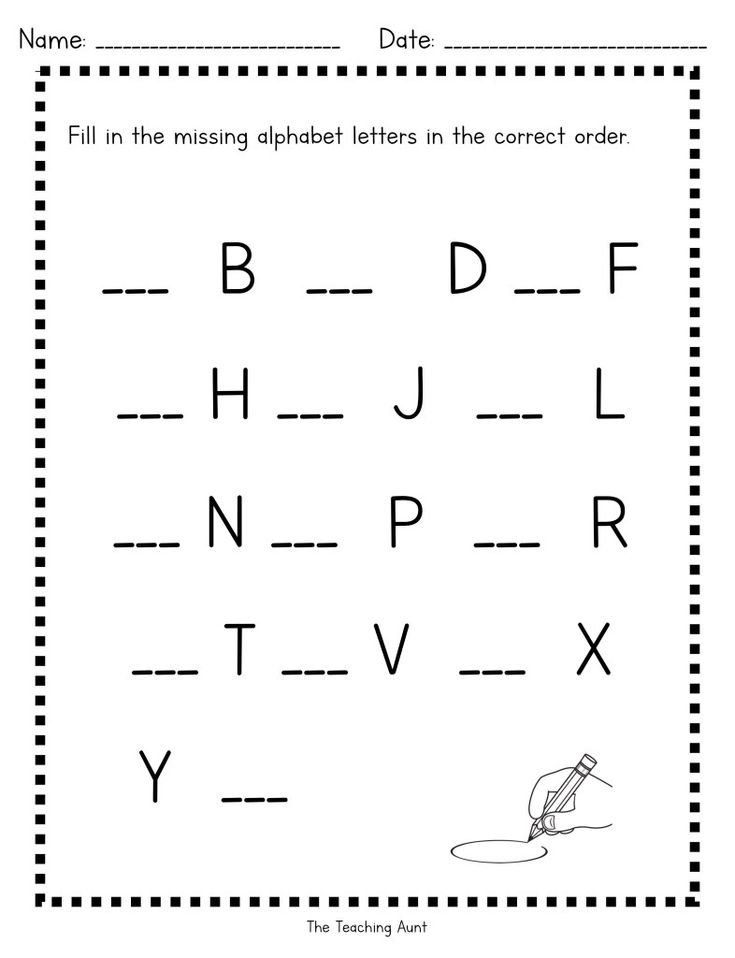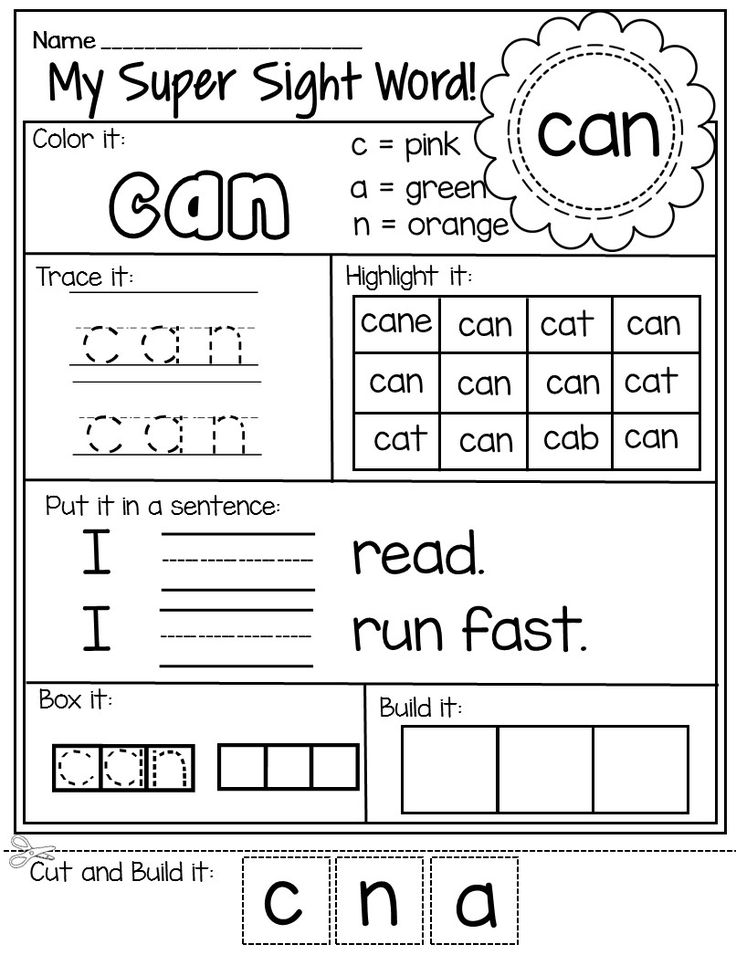Open compound word list
Open, Closed and Hyphenated Compound Words
Skip to content
ByDavid Underwood Updated on
What are Compound Words?
It’s best to define compound words with an example:
Grand + Mother
On their own, both these words have separate meanings. But when you put these two words together, it creates an entirely different word and meaning.
Grandmother
For compound words, when you put two different words together, it forms another word and meaning. There are different types of compound words. For example, compound words can have hyphens, spaces, or no spaces at all between the two words.
Types of Compound Words
Over time, English has morphed itself. As a result, people have created new types of compound words. In turn, this language gets passed along and circulated to what it is today.
In terms of compound words, they’ve transformed into various types. For example, compound words can have hyphens, spaces, or no spaces at all between the two words. There are 3 types of compound words:
- Hyphenated Compound Words
- Closed Compound Words
- Open Compound Words
Below, we have added lists of examples for all the types of compound words.
Hyphenated Compound Words Examples
Hyphenated compound words place a hyphen between the two words. For example, “well-being” is a hyphenated compound word because it connects two words together with a hyphen.
HYPHENATED COMPOUND WORDS
- High-speed
- Empty-handed
- Mass-production
- High-tech
- Deep-fried
- Left-handed
- In-depth
- Full-length
- Part-time
- Time-saving
- North-east
- Sun-dried
- Long-haired
Closed Compound Words Examples
Closed compound words don’t have any spaces between the two combined words. For example, “playground” is a closed compound word because it doesn’t have a space between it.
CLOSED COMPOUND WORDS
- Playground
- Footprint
- Fishbowl
- Grasshopper
- Bookmark
- Keyhole
- Bowtie
- Popcorn
- Basketball
- Horseshoe
- Keyboard
- Notepad
- Skateboard
Open Compound Words Examples
Open compound words put two words together to create a meaningful weird but use a space to separate them. For instance, high school is an open compound word.
OPEN COMPOUND WORDS
- High school
- Living room
- Roller coaster
- Peanut butter
- First aid
- Web page
- Hot dog
- Voice mail
- Table cloth
- Fire drill
- Ice cream
What’s Next?
What do Superman, Robocop, and Catwoman all have in common?
They’re superheroes! Yes. But they’re also all compound words too. Actually, there are compound words everywhere.
And they’re tons of fun to teach with our free compound words worksheets.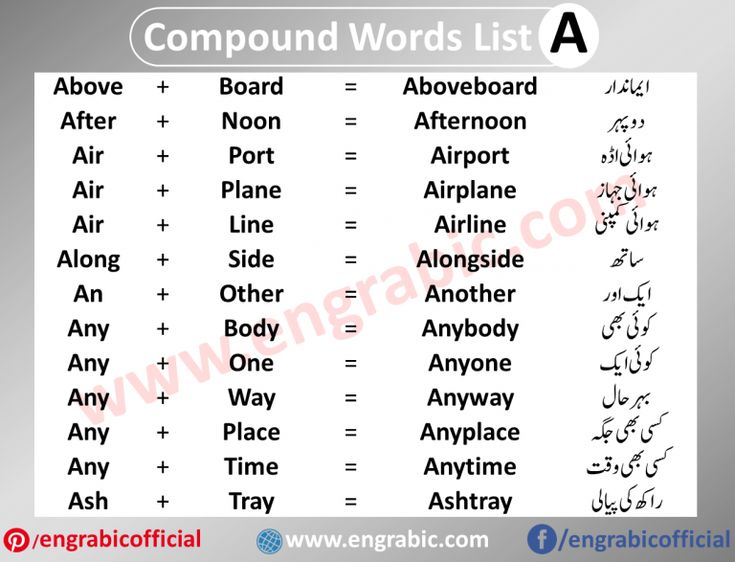 What are some of your favorite compound words?
What are some of your favorite compound words?
And if you want to teach compound words, check out our free compound words worksheets that you can use in your classroom today.
Examples of Compound Words by Type
DESCRIPTION
Grandmother With Compound Word Example
SOURCE
Grandmother: Natalia Kosheleva / iStock / Getty Images Plus / Background: Tolchik / iStock / Getty Images Plus
PERMISSION
Used under Getty Images license
Compound words are an easy way to add interest to your writing. By combining two ideas in one word, you can quickly provide all the information needed. These examples of compounds will show you how it's done.
What Are Compound Words?
A compound word is formed when two words are combined to make a new word. It is one of the ways in which the English language is flexible and always changing, as compound words allow people to create new words as the need arises.
For example, you might use “in” and “side” to create the compound word “inside”.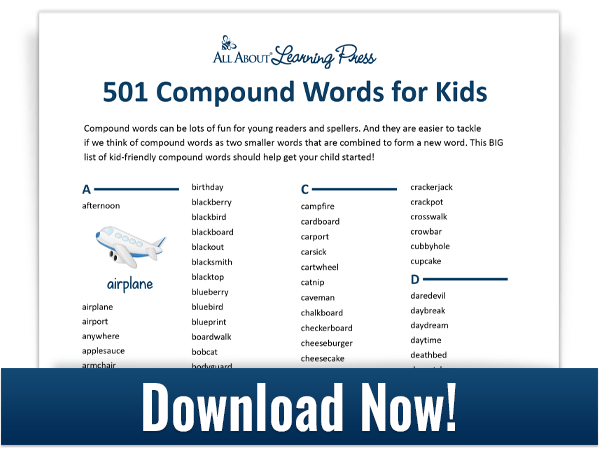
We should play inside today.
The words “carry” and “over” can make the compound word “carry over”.
We can carry over that surplus into the next sprint.
As you can see, compound words can come in different varieties. Explore examples of each.
Advertisement
Examples of Compound Words
When it comes to compound words, there are three different types that are important: closed-form, open-form, and hyphenated. Dive into how each type of compound word is different.
Closed-Form Compound Word Examples
Closed compound words are formed when two fully independent, unique words are combined to create a new word. For example, you would combine “grand” and “mother” to create the closed-form word “grandmother”. In a sentence, this would look like, “My grandmother is coming over.” These are the most common types of compound words.
For example:
- bullfrog
- snowball
- mailbox
- grandmother
- railroad
- sometimes
- inside
- upstream
- basketball
- anybody
- outside
- cannot
- skateboard
- everything
- schoolhouse
- grasshopper
- sunflower
- moonlight
Advertisement
Open Compound Word Examples
Open compound words are formed when two words remain separate on the page but are used together to create a new idea with a specific meaning.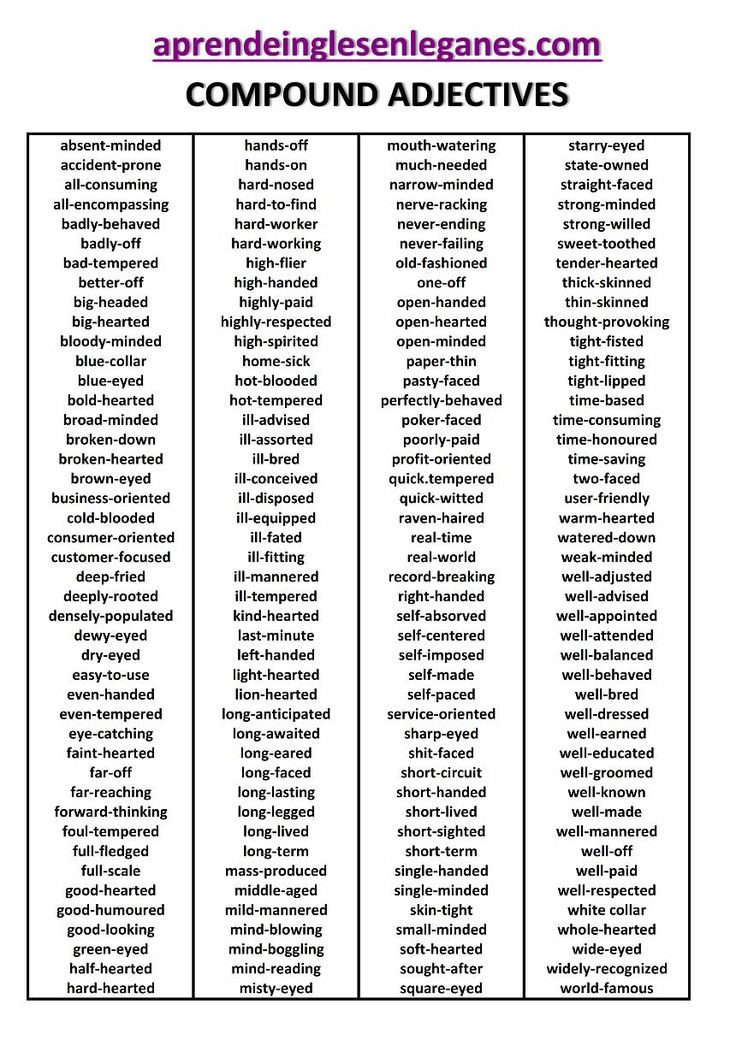 For example, “attorney” and “general” are used to form the open compound word “attorney general”. You could see this in the sentence, “The attorney general holds the power in legal matters.” Other examples of open compounds include:
For example, “attorney” and “general” are used to form the open compound word “attorney general”. You could see this in the sentence, “The attorney general holds the power in legal matters.” Other examples of open compounds include:
- peanut butter
- Boy Scouts
- no one
- ice cream
- real estate
- high school
- living room
- sweet tooth
- hot dog
- grand jury
- post office
- full moon
- half sister
- cave in
Hyphenated Compound Word Examples
Hyphenated compound words are formed when two separate words are joined together by a hyphen. Examples of hyphenated compound words include:
- two-fold
- check-in
- merry-go-round
- father-in-law
- seventy-two
- long-term
- up-to-date
- mother-in-law
- one-half
- over-the-counter
Note that hyphenated compound words are most commonly used when the words being joined together are combined to form an adjective before a noun.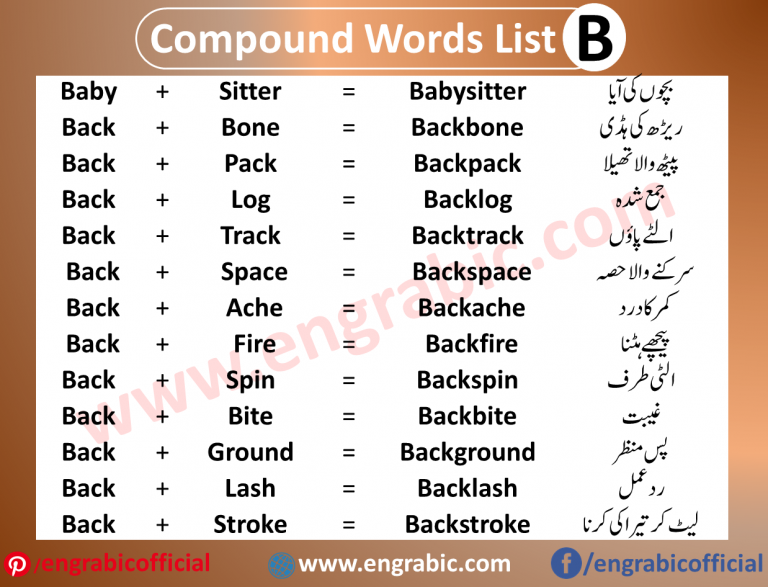 For example:
For example:
- forty-acre farm
- full-time worker
- on-campus housing
- state-of-the-art features
- family-run busines
However, these hyphenated compound words become open compounds when they are placed after the word they describe. For example:
- The farm has forty acres.
- The worker is full time.
- The housing is all on campus for freshman
- Its features are truly state of the art.
- The business is still family run.
Advertisement
Compound Words in Sentences
Now that you learned about the different types of compound words, see if you can find the compound words in the sentences below.
- My grandfather is coming home for the holidays.
- I really want a peanut butter and jelly sandwich.
- The real estate agent had to take a test to get her license.
- She is a part-time teacher.
- That is our full-time worker.
- I’m so tired of looking for on-campus housing.
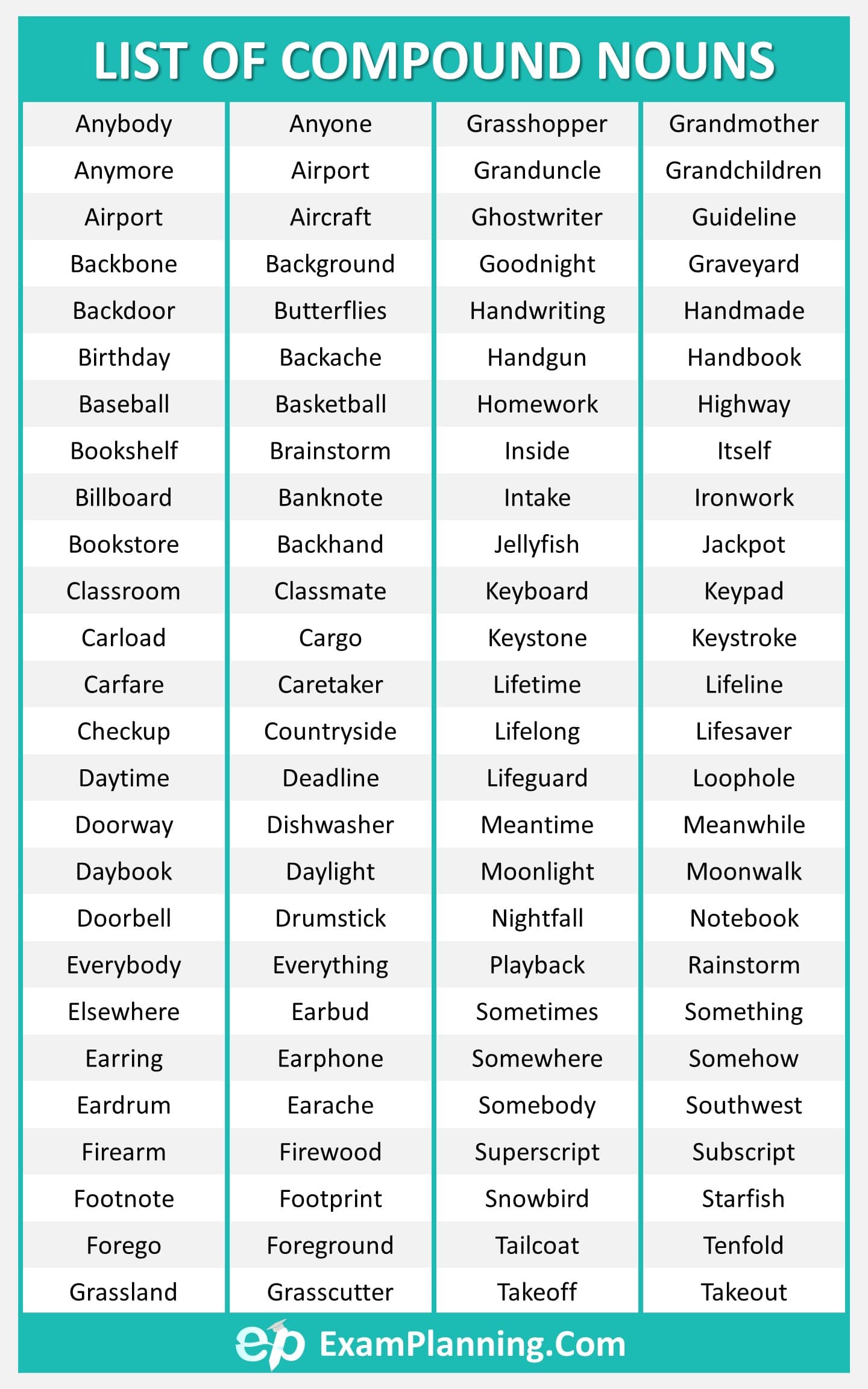
- He was seventy-two years old.
- Let’s go play some basketball
- Has anybody seen my binder?
If you have those down, try creating a few sentences using compound words that you create!
Compound the Reader's Interest
By adding compound words to your writing, you can make your ideas more interesting and descriptive for the reader. The addition of too many compounds can be messy, especially hyphenated compound words; so, be sure to use compound words wisely. Like any seasoning, they are best sprinkled throughout your writing instead of used in every line.
Now, that you have a grasp of compound words, you might want to dive into some compound sentence examples.
Compound nouns
In English, there are three types of compound nouns - compound or compound nouns: open (parts of which are written separately), hyphenated (parts of which are written with one or more hyphens) and closed (parts of which are written together, in one word).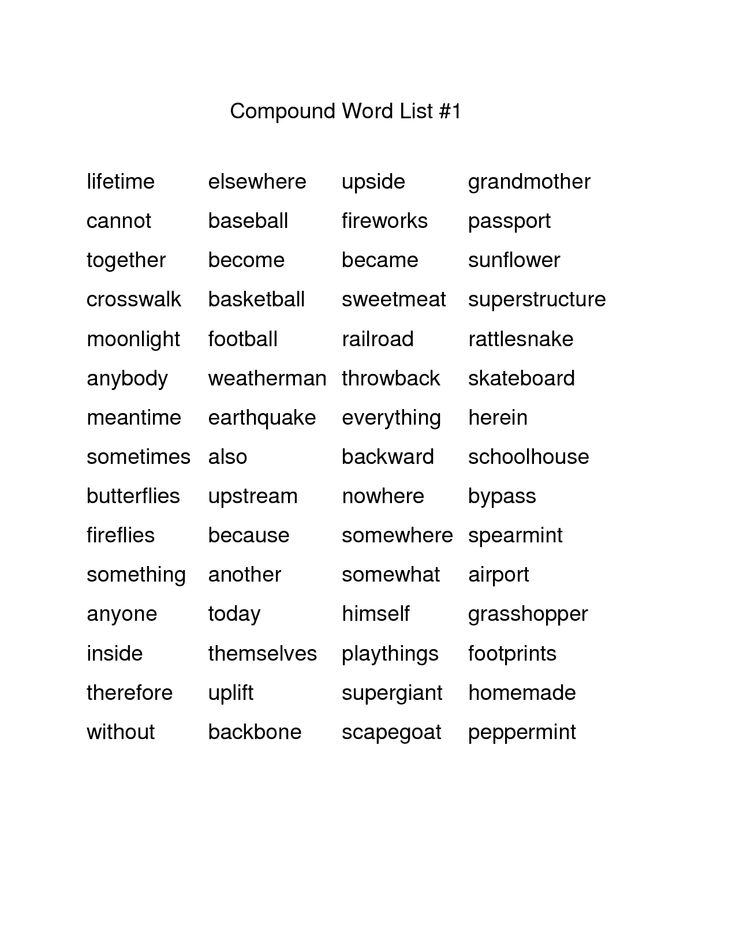
Compound nouns are constantly being formed as the world moves around us, and with it technical progress, and many were once compound nouns at first, which were written separately, then through a hyphen, and finally, already merged. Given the current trend to avoid hyphenated compound words as much as possible, reinvented compound nouns are more likely to achieve coherent spellings than ever before. Some compound nouns that are spelled together in the US, in one word, are hyphenated in British English. preposition / adverb
- hanger+on = hanger-on
- voice+over = voice-over
- passer + by = passerby
- Noun + adjective
- attorney + general= attorney general battle - Minister of Justice / Attorney General
- general battlePoor+ Loser = Poor Loser-Laser, which plays
- Red+ Head = Redhead-Red, Red-haired
- adjective +
- SLLL+ BEING-BEING.
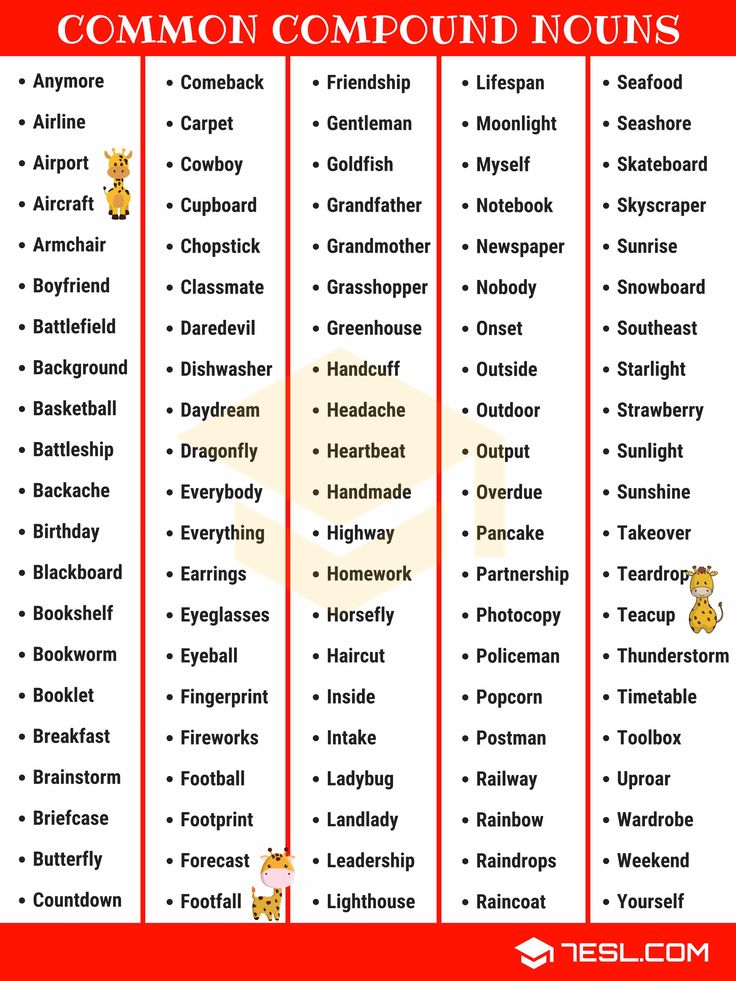 washing = whitewashing
washing = whitewashing - Preposition / adverb + noun
- Off + ramp = off-ramp - exit 9000
- Brainstorm
- Scapegoat Scapegoat
- Aftermath - Aftermath
- Backfire - reciprocal of
- Daredevil Daredevil
- Frostbite - Frostbite
- Iron cl ad - unbreakable rules
- Lighthearted - carefree, happy
- Milestone - progress
- Outlaw - bandit, fugitive
- Panhandle
- Wholesale
- Sunflower
- Backbone - Backbone
- Sweetmeat - lollipop
- Lifeboat - Lifeboat
- Horseshoe
- Greenhouse
- Lighthouse
- Jellyfish
- Traffic jam
- Grown-up - adult
- Also-ran
- Headache Headache
- Toothbrush - Toothbrush
Only a few, such as mother-in-law and hole in one, take the ending "-s/-es" to the first word: holes in one, mothers-in-law.
Some compound nouns of French origin, in which the last word is an adjective, form the plural in different ways, and they need to be checked in a dictionary. It is even possible that the "-s/-es" ending will be applied to both parts of the compound noun, or different forms will be allowed:
- 9000
They are formed from two words that are completely different in meaning and often belong to different parts of speech, for example, the word notebook = note (verb "write") + book (noun "book").
Today we will get acquainted with the concept of compound words in English and learn many examples, thus significantly replenishing our English vocabulary.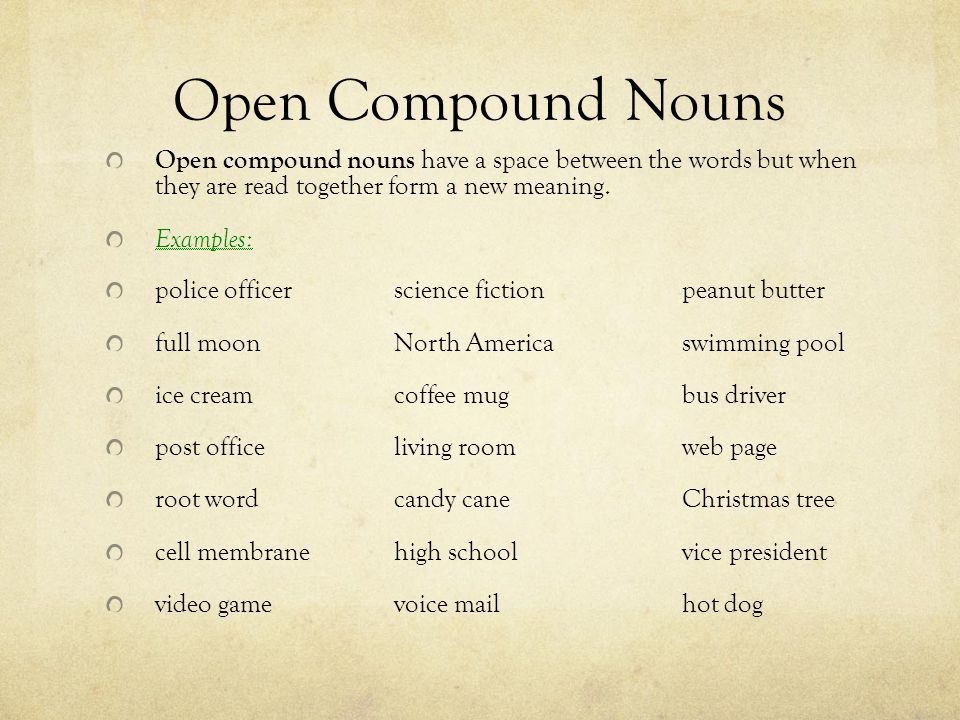
The formation of compound words in English
I repeat once again that compound words are formed from two words and eventually give a new lexical unit. Very often, compound words mean compound nouns ( Compound Nouns ).
But this is not entirely true, because adjectives are also found among compound words, for example: fire-resistant (fire-resistant), high-speed (high-speed), etc.
As for the spelling of English compound words, there are several options: together, separately and through a hyphen.
If there is a question of choosing how to write this or that compound word - through a hyphen or separately, the variant of separate writing will be preferable.
Article in the topic:
The difference between an adverb and an adjective in English: how to distinguish them?
English Compound Examples
Article in the topic:
Degrees of comparison of adjectives in English
Stress in compound words
As a rule, the stress in compound words is placed on the first syllable.